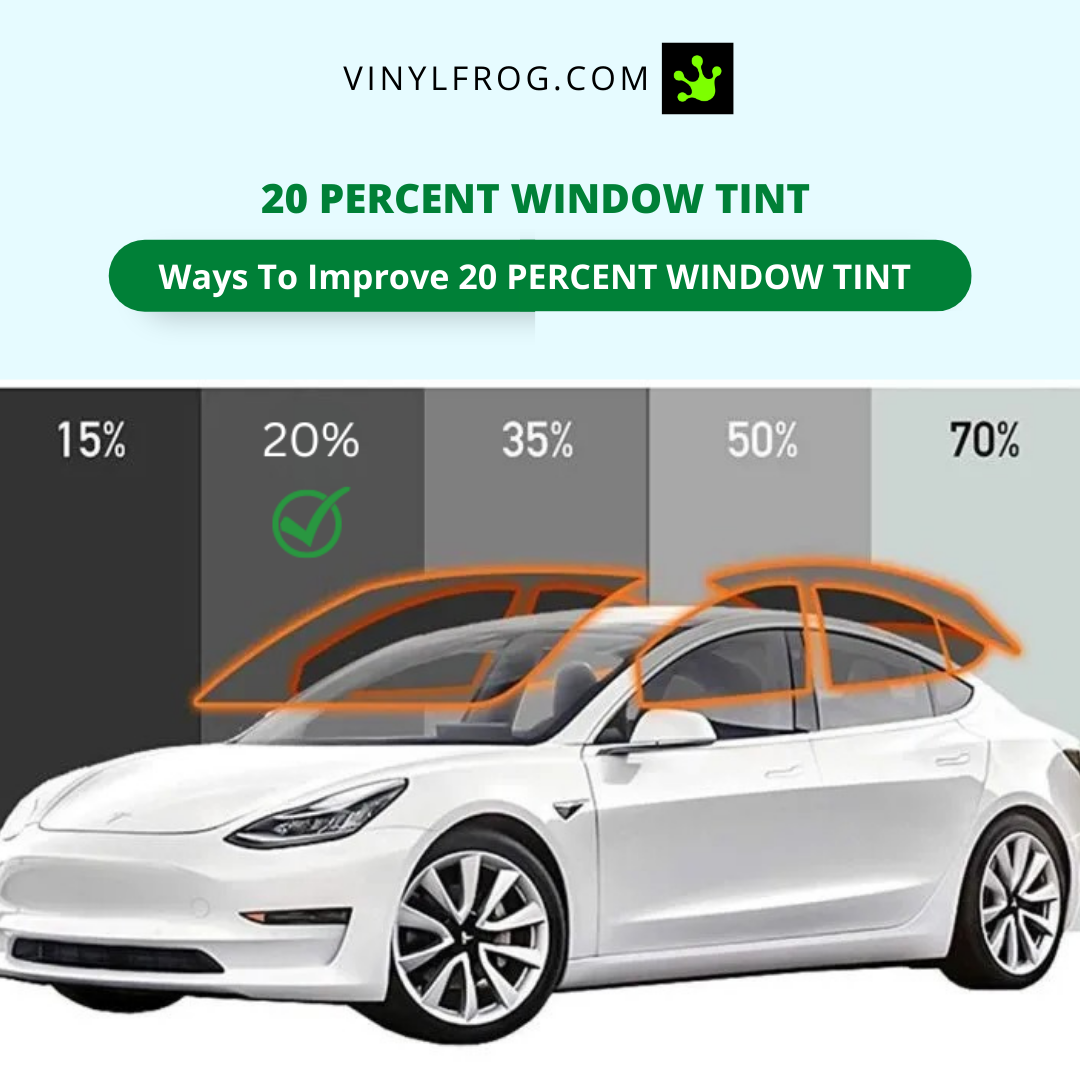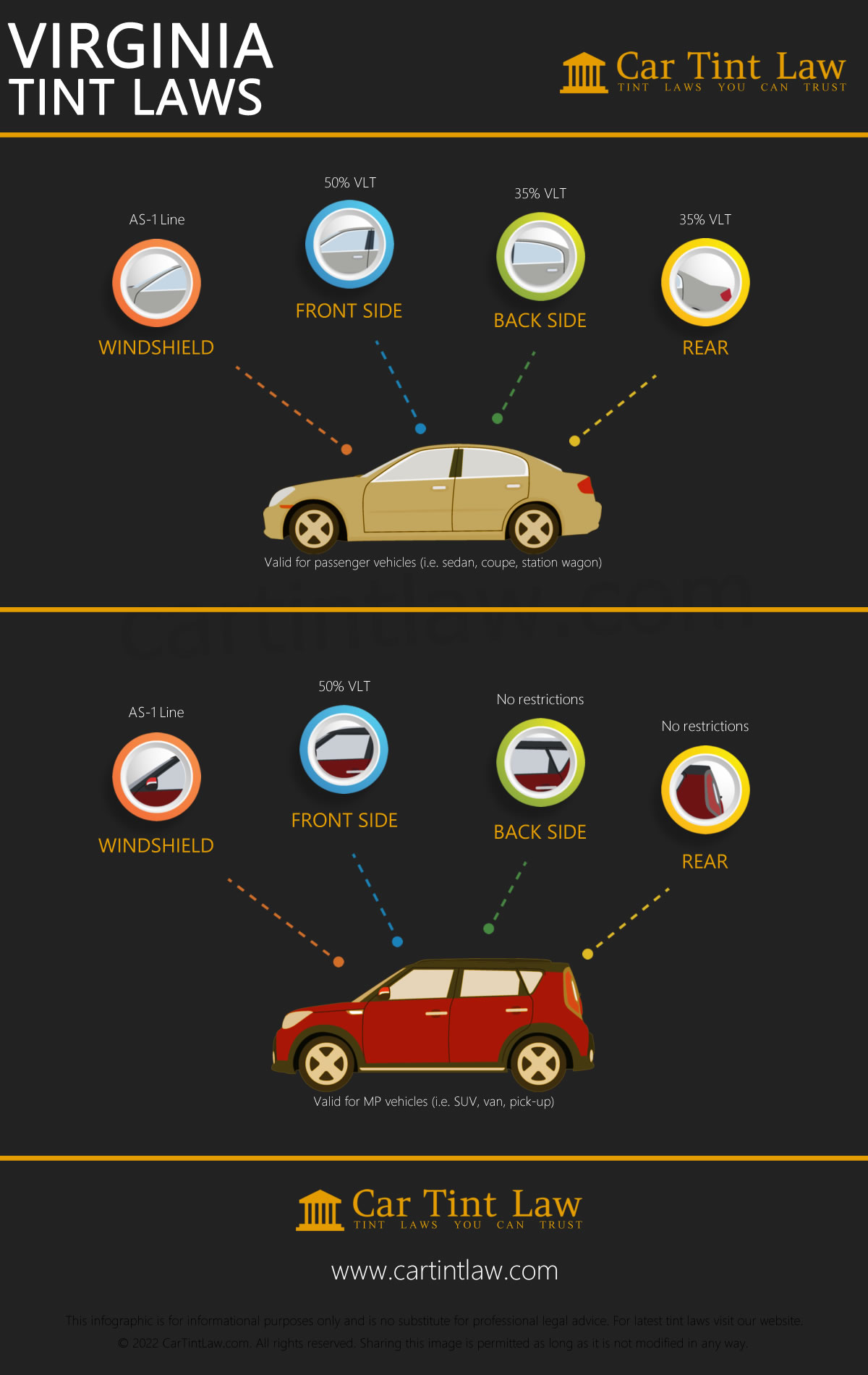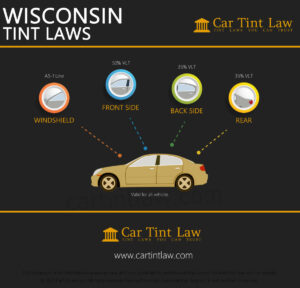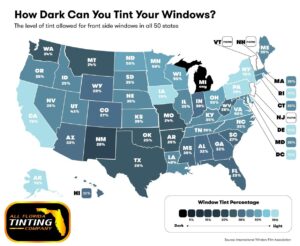As an Amazon Associate, I earn from qualifying purchases
Virginia car tint laws can be confusing. Understanding them is crucial for every driver.
Car window tinting offers privacy and reduces glare. But each state has its laws regarding how dark tints can be. In Virginia, these laws are strict and specific. Knowing these rules can help you avoid fines and stay safe.
This introduction will provide clarity on Virginia’s car tint laws. We will explore the legal limits and exceptions. Whether you’re considering tinting your windows or already have them tinted, this guide will help you stay compliant. Dive in to ensure your vehicle meets Virginia’s tinting standards.
Introduction To Car Tinting
Car tinting has become a popular choice for vehicle owners. It involves applying a thin film to the car’s windows. This film can vary in color and shade. Many people choose to tint their car windows for different reasons.
Purpose Of Car Tinting
The primary purpose of car tinting is to reduce glare. Bright sunlight can make it hard to see while driving. Tinted windows help to cut down on this glare. Car tinting also provides privacy. It makes it harder for people to see inside your vehicle. This can be useful if you often leave items in your car.
Benefits Of Car Tinting
There are several benefits to tinting your car windows. One major benefit is UV protection. Tinted windows can block up to 99% of harmful UV rays. This can protect your skin and prevent the car’s interior from fading.
Another benefit is heat reduction. Tinted windows can keep your car cooler on hot days. This reduces the need for air conditioning, saving fuel. It also makes your car more comfortable to drive.
Car tinting can also enhance safety. In an accident, tinted film can hold shattered glass together. This reduces the chance of injury from flying glass.

Credit: raxtify.com
Virginia State Tint Laws
Understanding the Virginia State Tint Laws is crucial for car owners. These laws ensure safety and visibility on the roads. Tinting your car windows can provide privacy and protect against UV rays, but it must comply with state regulations.
Legal Tint Percentages
Virginia law specifies the legal tint percentages for different windows. The visible light transmission (VLT) percentage is a key factor. This percentage indicates how much light passes through the tinted window.
| Window | Legal Tint Percentage |
|---|---|
| Front Side Windows | 50% |
| Back Side Windows | 35% |
| Rear Window | 35% |
| Windshield | Top 5 inches |
For the front side windows, the tint must allow more than 50% of light in. The back side and rear windows can be darker, with a 35% VLT.
Restrictions For Different Vehicles
Virginia’s tint laws vary for different vehicle types. Here are the key points:
- Passenger Vehicles: Must follow the percentages listed above.
- Multi-Purpose Vehicles (MPVs): Have more flexibility for the back and rear windows.
For passenger vehicles, the rules are strict. The front side windows must let in at least 50% of light. The back and rear windows must let in 35% of light.
For MPVs, the front side windows still require 50% VLT. But the back and rear windows can be tinted to any darkness.
Understanding these restrictions helps you stay compliant. Always ensure your vehicle’s tint meets the state requirements.
Tinting Regulations For Sedans
Tinting your sedan can enhance privacy and reduce glare. But in Virginia, there are specific rules for tinting. Knowing these rules helps avoid fines and ensures safety.
Front Windows
Virginia law states that front-side windows must allow more than 50% of light in. This means the tint on these windows should not be too dark. It helps drivers see clearly, especially at night.
Rear Windows
For rear side windows, the tint can be darker. Virginia allows tints that let in more than 35% of light. This regulation provides more privacy for passengers in the back.
Windshield
The windshield has stricter rules. Only the top five inches of the windshield can be tinted. This helps drivers have a clear view of the road. The tint on this part must allow more than 70% of light in.
Tinting Regulations For SUVs and Vans
Understanding the tinting regulations for SUVs and vans in Virginia is crucial for vehicle owners. These regulations ensure safety while maintaining a comfortable driving experience. Different rules apply to front windows, rear windows, and windshields.
Front Windows
The law states that front windows on SUVs and vans must allow more than 50% of light in. This means that your tint should not be very dark. Dark tints can obstruct the driver’s view, making it unsafe to drive.
Rear Windows
For rear windows, the rules are more lenient. You can use any darkness level for the tint. This flexibility allows you to maintain privacy and reduce glare without breaking the law. But remember, rear windows still need to offer some visibility for safety.
Windshield
Windshield tinting has stricter rules. Only the top 5 inches of the windshield can be tinted. This strip is known as the “AS-1 line.” Tinting beyond this area is illegal and can result in fines. Make sure the tint is non-reflective and within legal limits.
Medical Exemptions
Virginia has specific car tint laws to ensure safety and visibility. But there are special considerations for those with certain medical conditions. These individuals may qualify for medical exemptions to use darker tints on their vehicle windows.
Eligibility Criteria
To qualify for a medical exemption, you must meet specific criteria. The individual must have a documented medical condition. This condition should require protection from sunlight or UV rays.
Common conditions include:
- Lupus
- Albinism
- Photosensitivity
- Melanoma
Ensure your condition is diagnosed by a licensed physician. The doctor must certify the need for the exemption.
Application Process
Applying for a medical exemption involves several steps. First, obtain a signed statement from your physician. This statement should detail your medical condition and the necessity for tinted windows.
Next, complete the Medical Authorization Application form. This form is available from the Virginia Department of Motor Vehicles (DMV). Include all necessary personal and medical information.
Submit the completed form and physician’s statement to the DMV. You can do this in person or by mail. The DMV will review your application and notify you of its decision.
If approved, you will receive a special authorization permit. Keep this permit in your vehicle at all times. It proves your exemption in case you are stopped by law enforcement.

Credit: www.vinylfrog.com
Penalties For Non-compliance
Understanding the penalties for non-compliance with Virginia’s car tint laws is crucial. Non-compliance can lead to fines, tickets, and other consequences. Below, we break down the penalties in detail.
Fines And Tickets
If your car’s tint does not meet Virginia’s legal standards, you may face fines and tickets. The fines vary based on the severity of the violation. For a first offense, you might receive a ticket with a fine of $110. This amount can increase for subsequent offenses.
| Offense | Fine |
|---|---|
| First Offense | $110 |
| Second Offense | $250 |
| Third Offense | $500 |
Receiving multiple tickets for the same violation can lead to higher fines. It is essential to ensure your car’s tint complies with the law to avoid these penalties.
Removal Requirements
In addition to fines, you may be required to remove the illegal tint. This removal must happen within a specific time frame. Typically, you are given 30 days to comply. Failure to remove the tint can result in further penalties.
- First, you receive a notice.
- Next, you have 30 days to remove the tint.
- If not removed, additional fines may apply.
Making sure your car’s tint meets Virginia’s regulations can save you time and money. Complying with the law is the best way to avoid these penalties.
Tips For Choosing Legal Tint
Choosing the right tint for your car windows can be tricky. You want to stay within the legal limits while still getting the benefits of tinted windows. Here are some tips to help you make an informed choice.
Consulting Professionals
Consulting professionals is a smart step. They know the Virginia car tint laws inside out. They can guide you on the best options that comply with the regulations. Tint shops often have experts who can answer all your questions.
Professional installers can also ensure that the tint is applied correctly. This avoids any legal issues that may arise due to improper installation. They have the right tools and experience to do the job well.
Using Certified Products
Always use certified products. These products meet the standards set by the law. Certified tints usually come with a label or certificate. This shows that the tint complies with state regulations.
Here is a table to help you understand the key points:
| Aspect | Details |
|---|---|
| Visibility | Must allow more than 50% light in front windows. |
| Certification | Look for a certificate of compliance. |
| Professional Advice | Consult experts for the best legal options. |
Using certified products not only keeps you within the law but also ensures quality. These tints are tested for durability and effectiveness. They can provide you with the desired look and function without risking legal trouble.

Credit: www.cartintlaw.com
Frequently Asked Questions
What Are Virginia’s Car Tint Laws?
Virginia’s car tint laws regulate the allowable darkness and reflectiveness. Front side windows must let in over 50% of light.
Can I Have Tint On My Windshield In Virginia?
In Virginia, you can tint the top of your windshield above the AS-1 line.
Are There Medical Exemptions For Tint In Virginia?
Yes, Virginia offers medical exemptions for car tint. You need a doctor’s certificate and DMV approval.
What Is The Penalty For Illegal Tint In Virginia?
Violating Virginia’s tint laws can result in fines up to $110. Repeated offenses may lead to increased penalties.
Conclusion
Understanding Virginia’s car tint laws helps you avoid fines. Follow the rules for a smooth drive. Always check your tint’s darkness and reflectivity. Safe driving starts with clear vision. Stay informed and enjoy your ride in Virginia.
As an Amazon Associate, I earn from qualifying purchases


